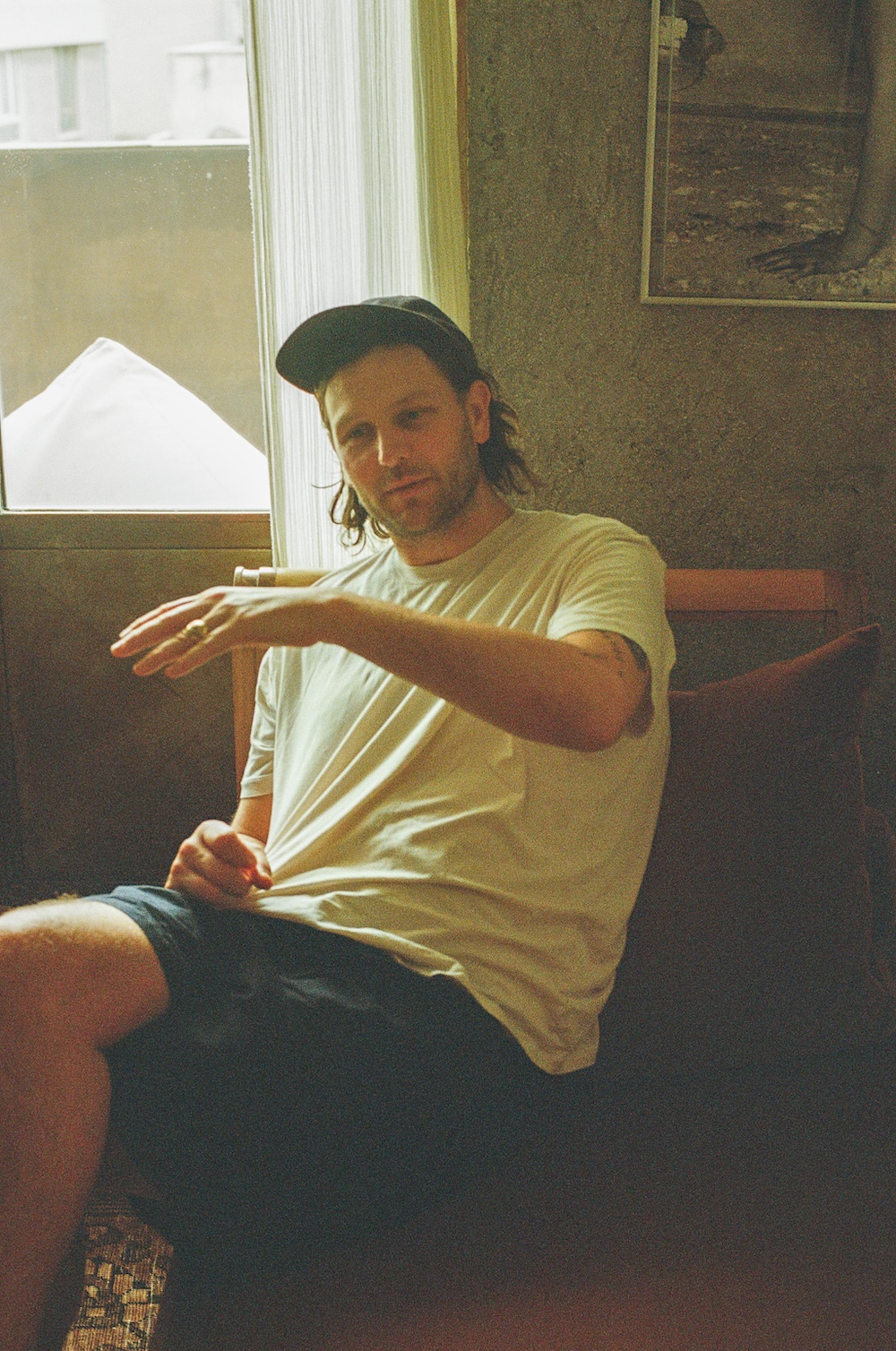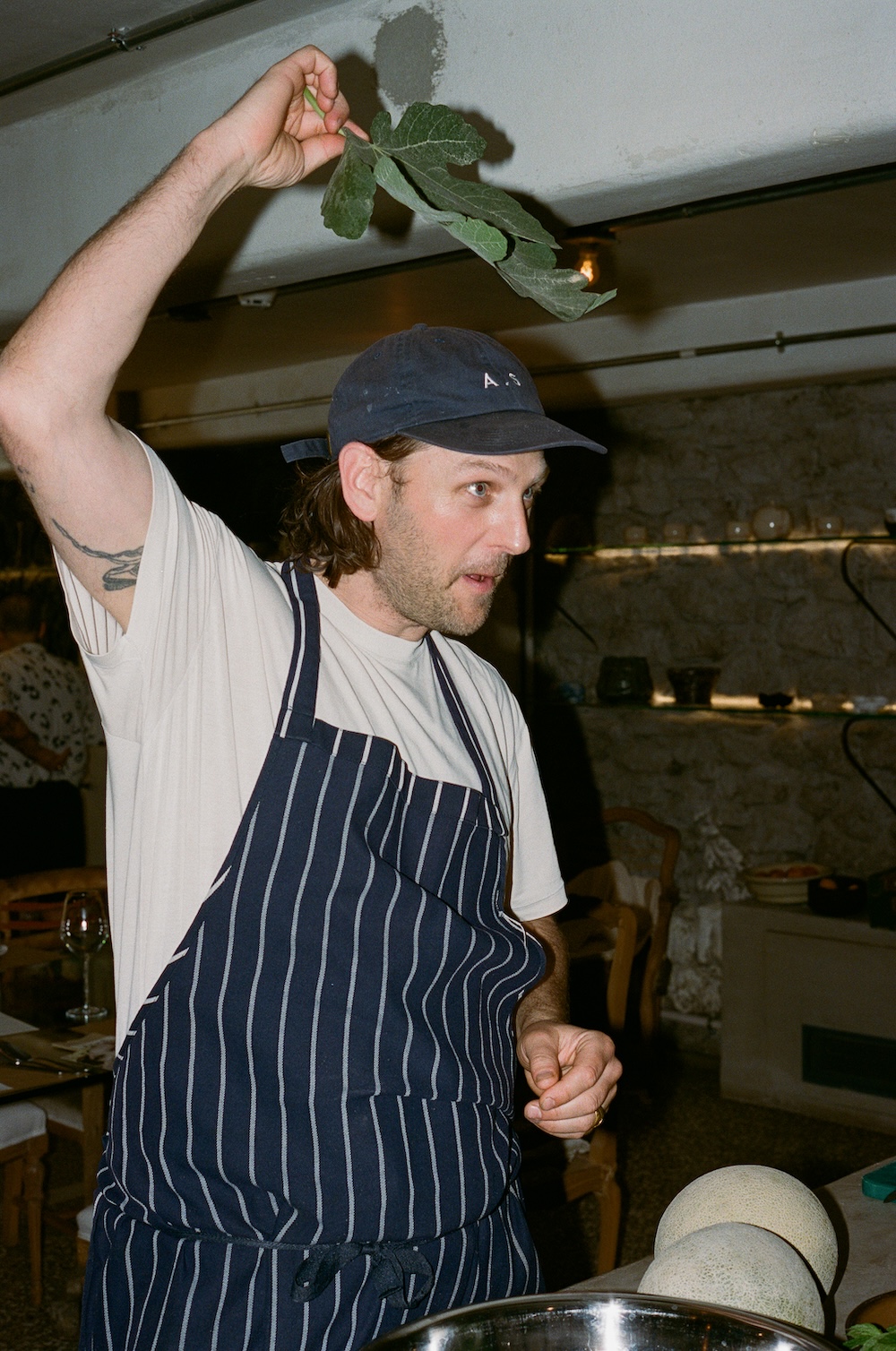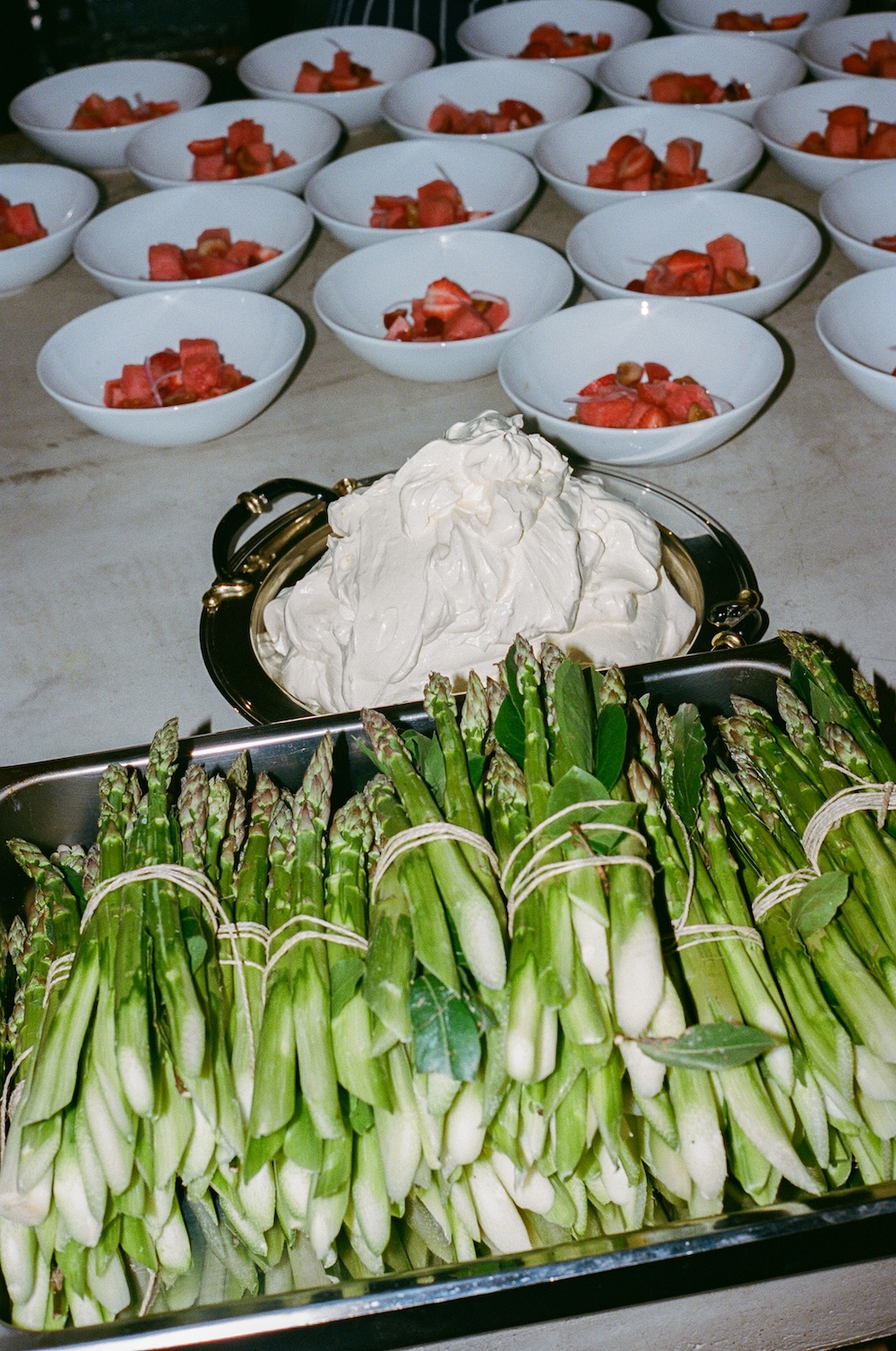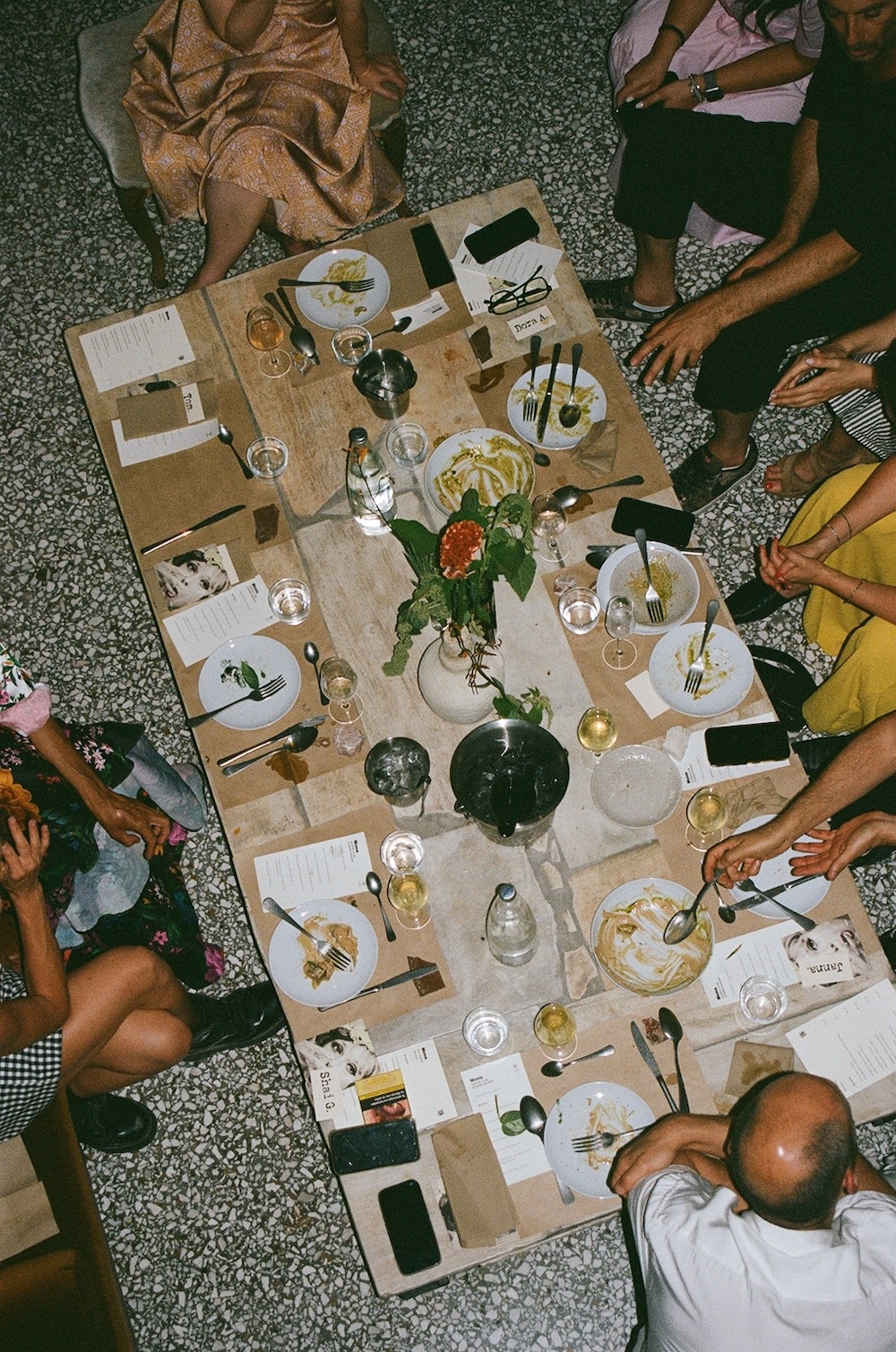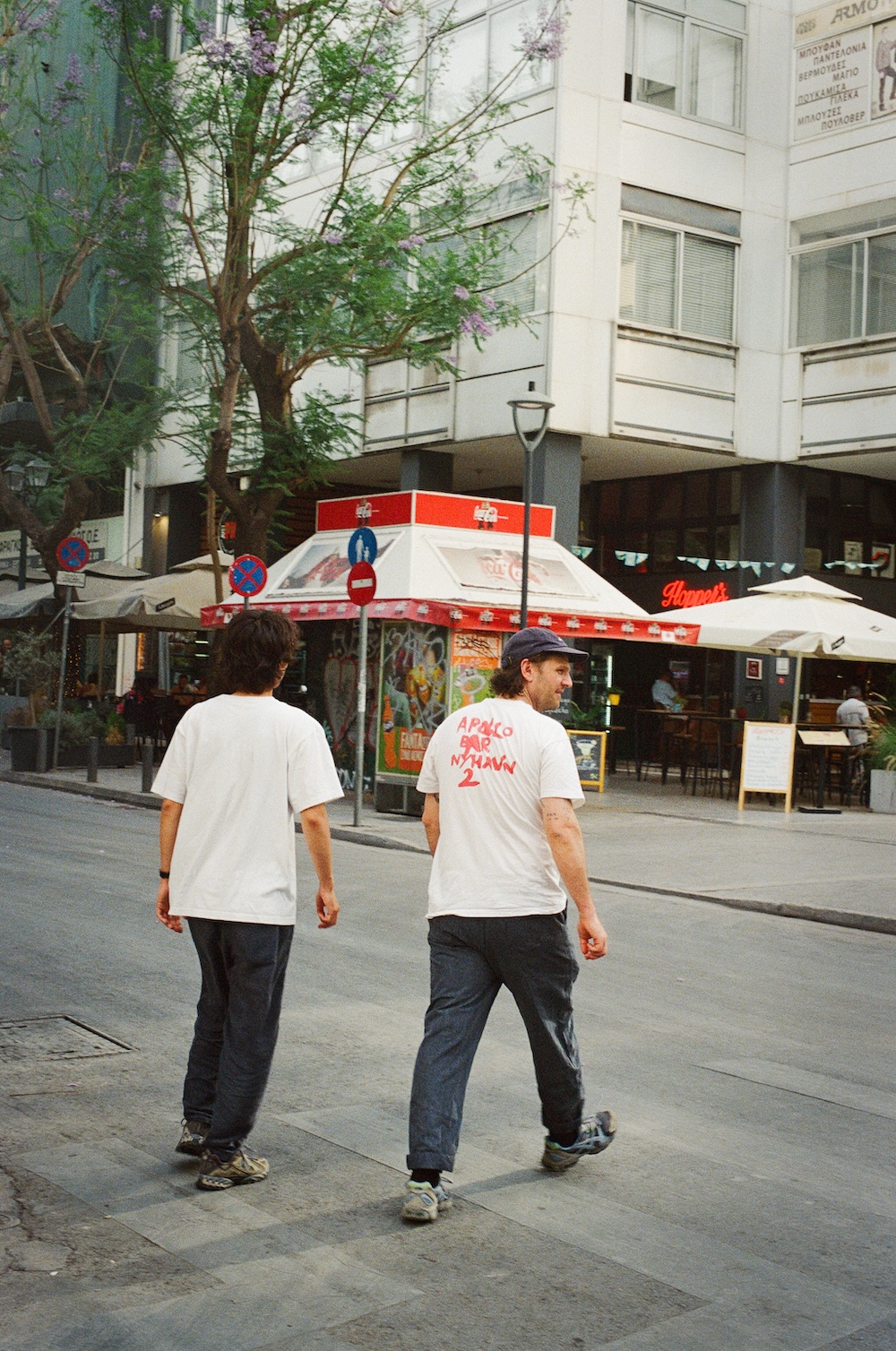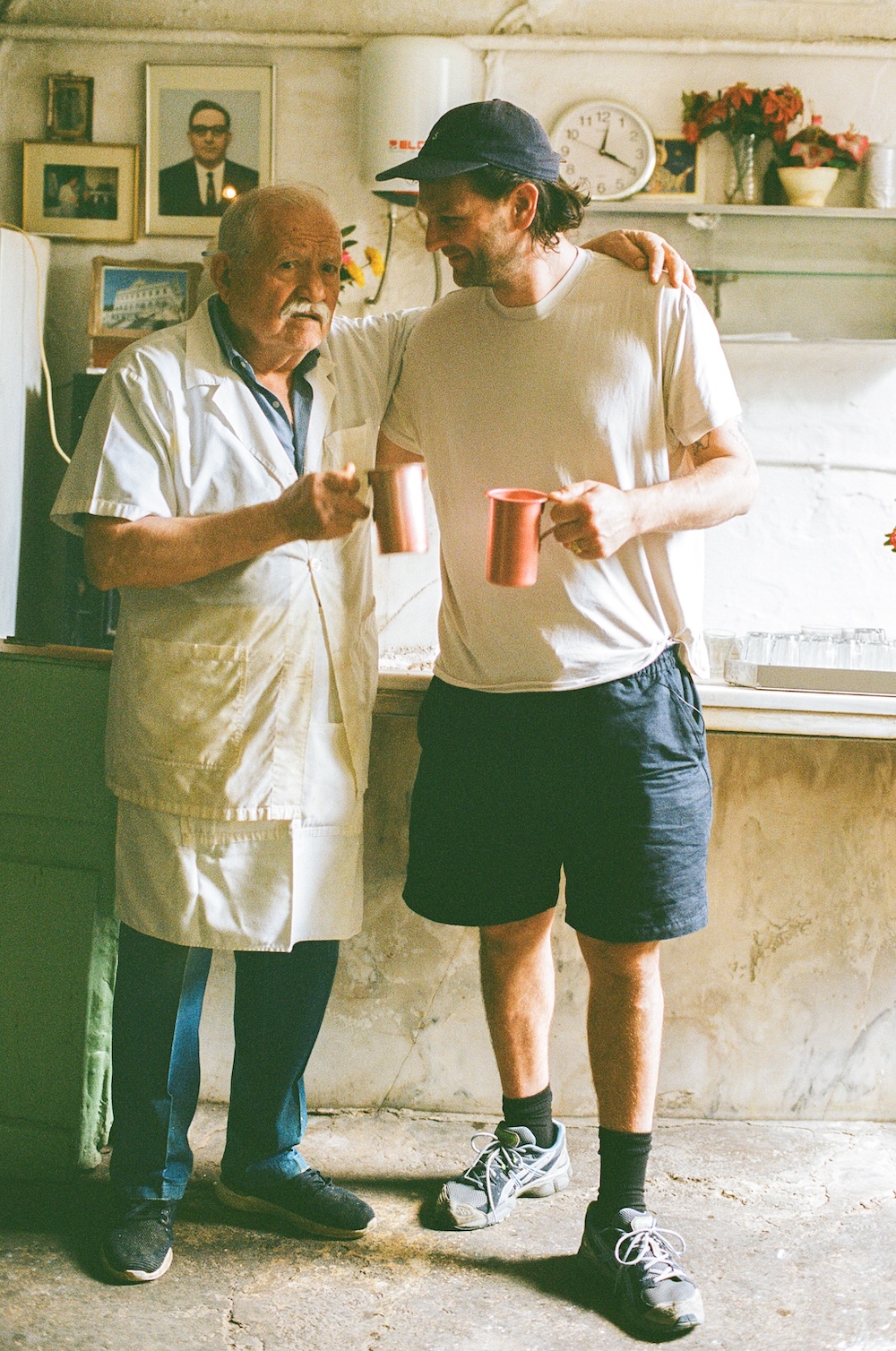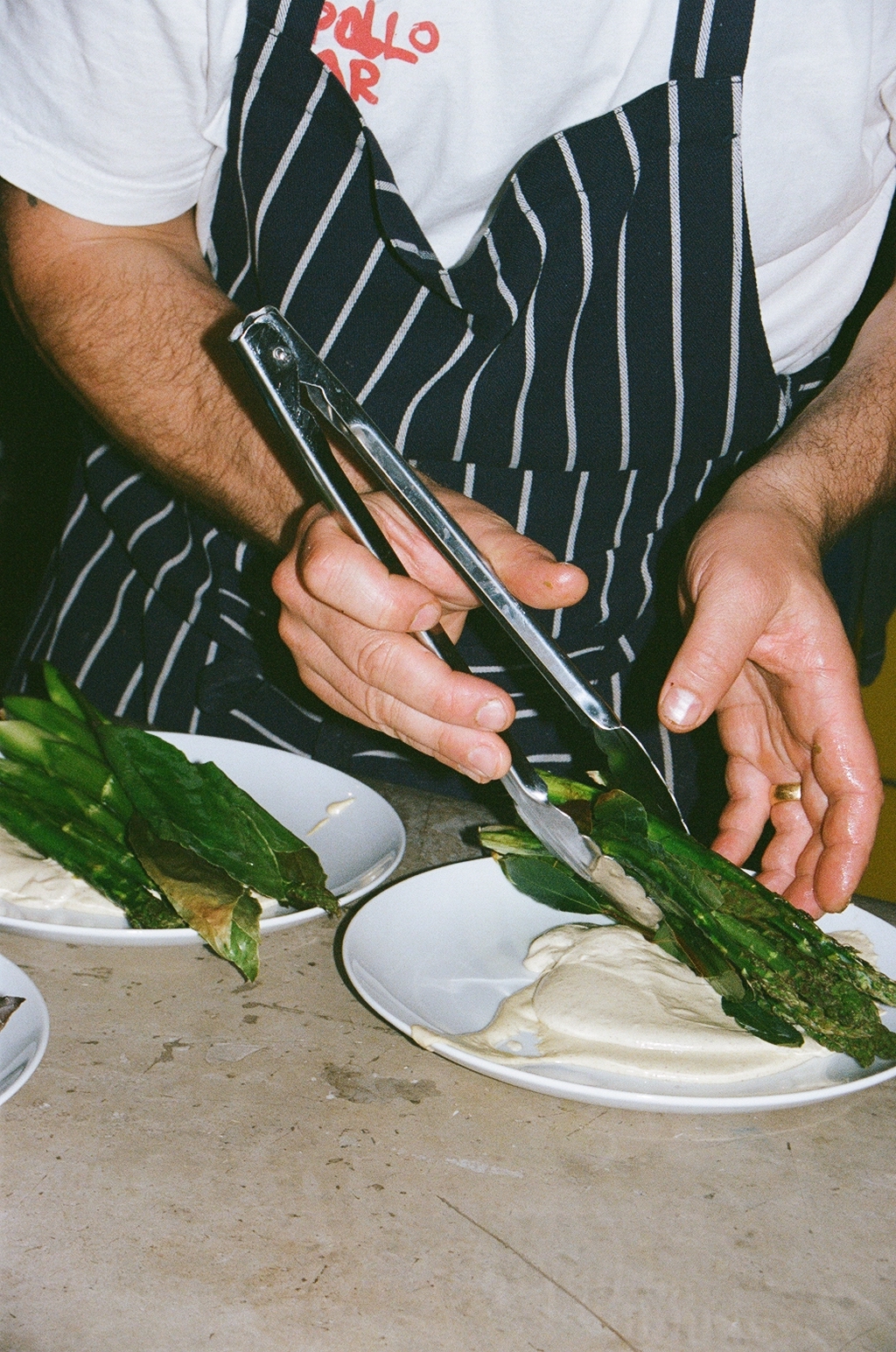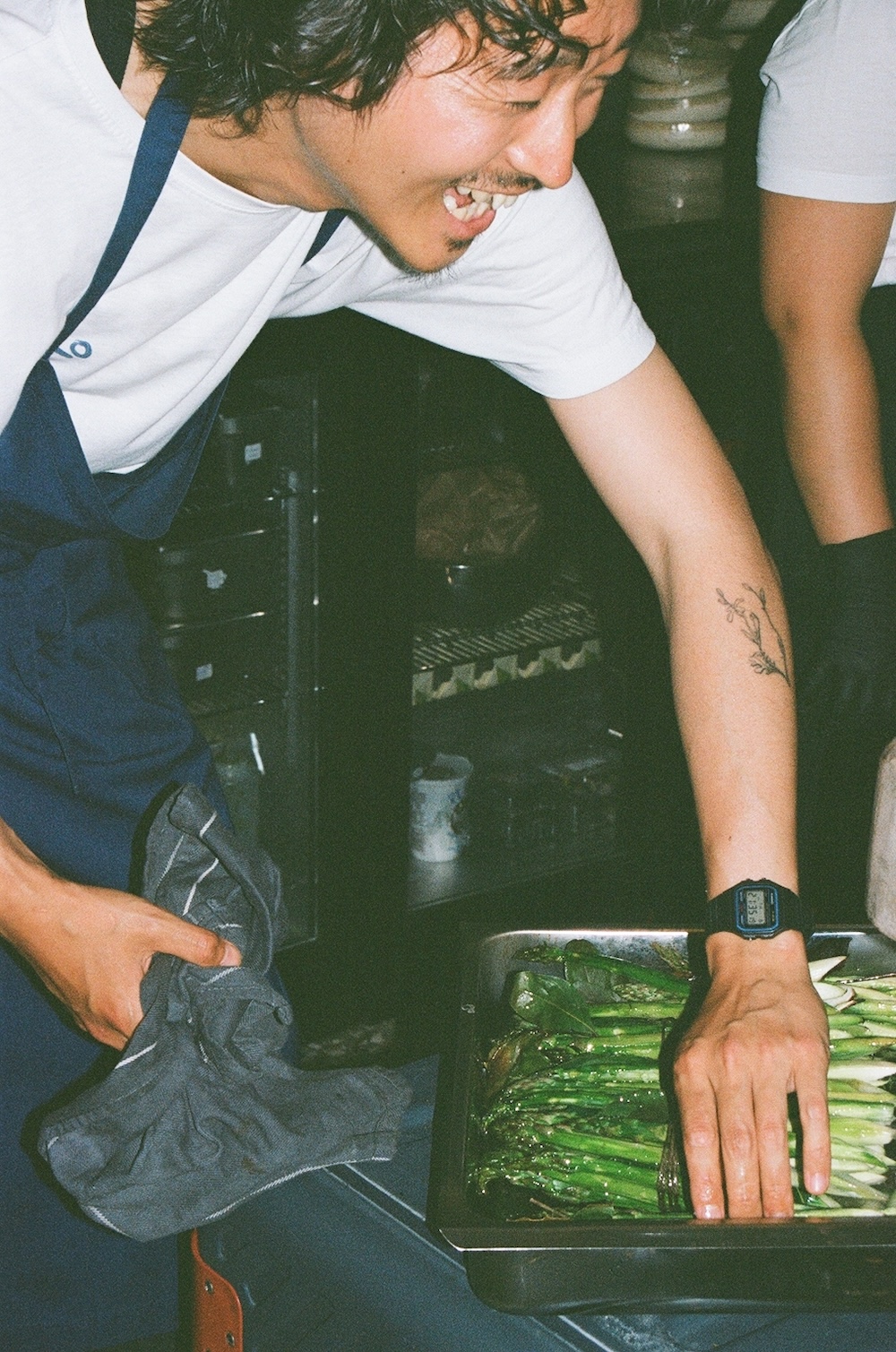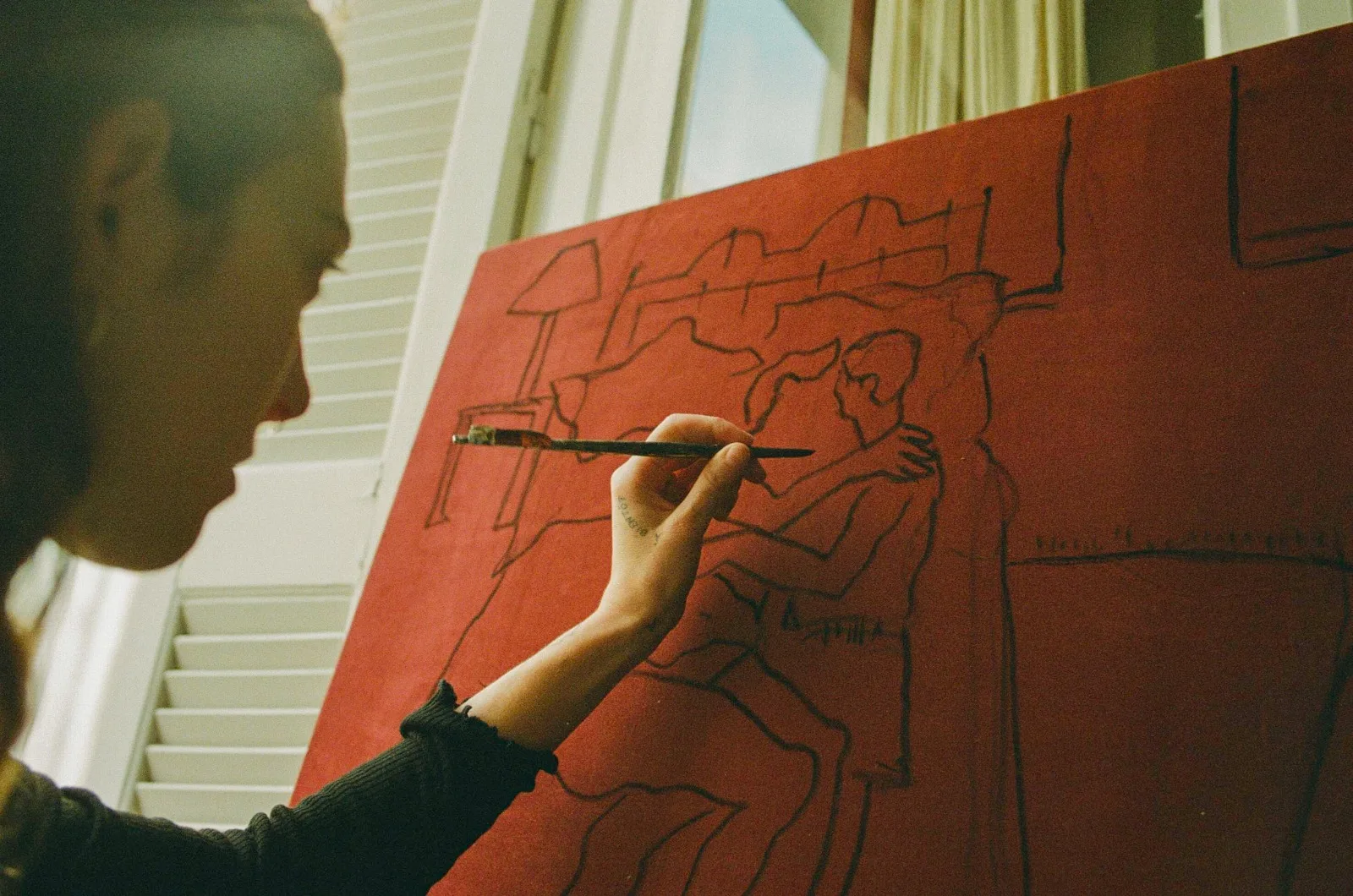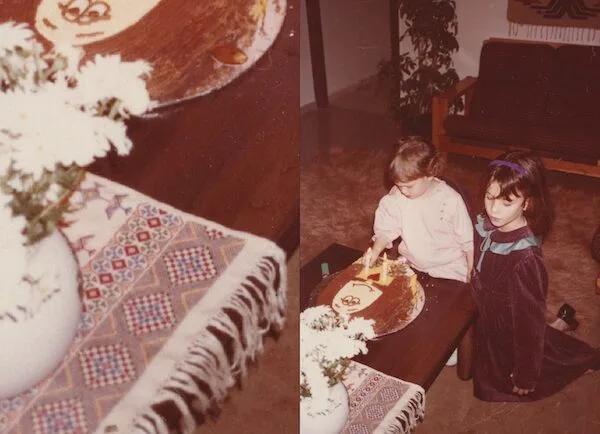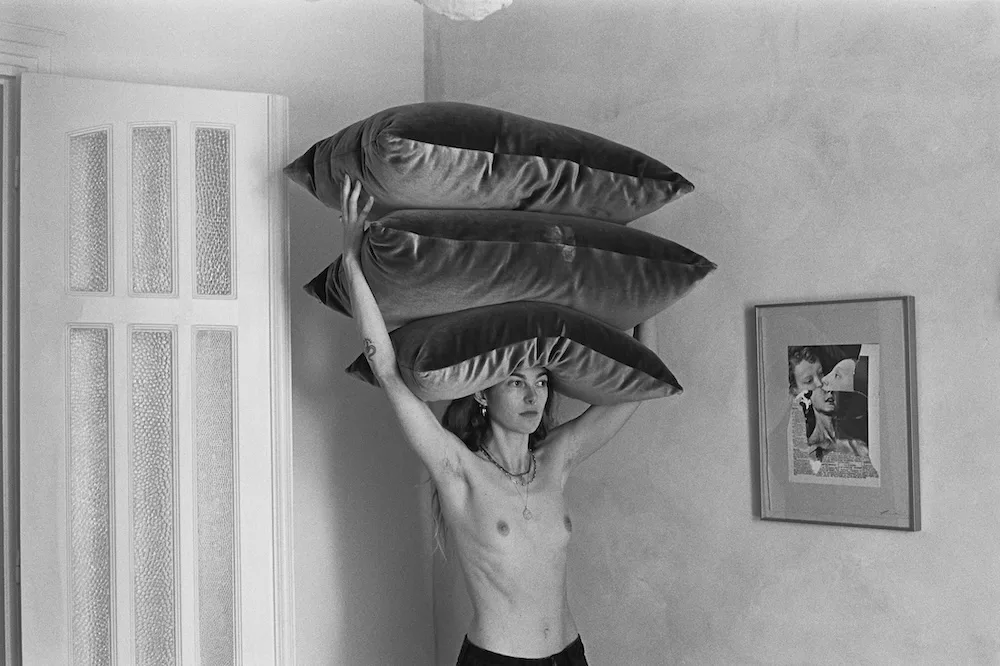HOS: True. What is your take on our current food culture?
FBB: The whole way we cook, the entire food system, is built up on cooling chains and transport. When you live in a city, you rely on this. You get a tomato from a farm that has sent to a corporation, driven by car to a supplier, then delivered to you. So already now it’s been harvested for like six, seven days and maybe been refrigerated in three, four different places. I think the moment you actually harvest or butcher or kill something, it loses energy. I think there’s something wrong about that. Ideally the products we use should be as alive as possible.
HOS: Tell us about your residency at Mona.
FBB: It’s funny when you go to a place and you’re like: I have a plan. And then you arrive and everything you wanted to be in a certain way is different than home. So, you have to accept that the reality of what you set out to do, is not possible. And make a new plan. So today, I decided to change everything. And there’s this energy here, which could be described as like, taking cucumbers and tomatoes and olives, and putting them on top of boiled fava beans and olive oil. That’s what I will try to do here, with all my food.
HOS: Your time in Athens influenced the way you approached your cooking during Mona’s Supper Club. The dishes felt more Greek than Danish…
FBB: I’ve been trying to adapt to the climate, to the people, to the energy of the city. To understand what people here would like to eat, how they feel in the moment. What effected the menu was the temperature, the people I met, the food I tried here. For example, since the weather was so warm, I decided to dilute some of the flavors, to make it less intense, add more acidity. Perhaps I will only actually process and understand what I’ve experienced at Mona in a few weeks. And I will learn a lot from this.
HOS: The first thing we did when you came was to go for lunch at Diporto, this old subterranean tavern that is sort of an institution in Athens. You were impressed, I could tell. Can you share a bit more about your experience of that place?
FBB: You know, I was looking at the chef and I was trying to understand this very deep and established narrative. On one hand, to make a restaurant that is so humble, but at the same time, extremely artistic. It was like a ‘diva’ or an opera singer in its humbleness. And the food…you get a bowl of chickpeas; you look at it and you have this water broth with broken bits. It basically feels like diluted paint, like a Peter Doig painting where everything is emotive and cloudy.
HOS That’s such an interesting way of putting it.
FBB: I was also thinking that in times where everything is changing so much, there is something to say about the ability to not change. The way that food is cooked is very precise. It made me wonder: what is the nerve of the Greek people? What’s going on here? What is the poetry? What is the history? I don’t really know.
But it all tasted so good! This food is like one Michelin star. And I was asking myself, in terms of cooking and aesthetics: what is ‘fine’? This ability to achieve this perfect mix, where when you eat it, you’re comfortable. When I was walking home, I was feeling the top of my belly full, and at the same time I felt perfect. It’s interesting, right?
